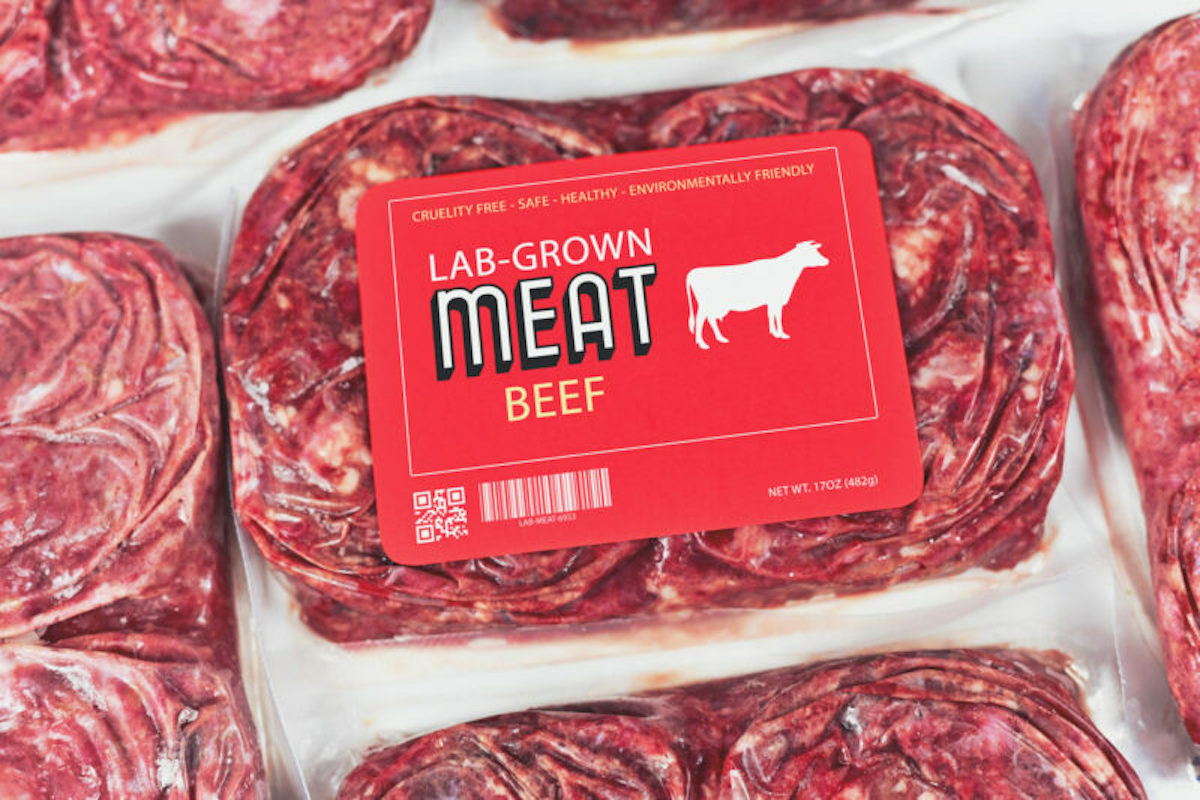UK start-up Ivy Farm opens largest cultivated meat production plant in Europe

British cultivated meat company Ivy Farm has unveiled a new pilot manufacturing plant in the UK for scaling and developing its cell-based products.
Said to be the biggest of its kind in Europe, the new 18,000 sq. feet facility has a terminal 600L bioreactor which will permit the production of more than 2.8 tonnes of cultivated meat a year.
The factory is based near the Department of Engineering Science at the University of Oxford, where the company was first established.
The pilot plant will boast a new innovation kitchen and will bring Ivy Farm’s team of in-house food scientists and development chefs together, in order to test the company’s new cultivated mincemeat products in various dishes and recipes.
The opening of the facility marks the next phase in advancing the company’s technology to boost its R&D capabilities. Doing so will hopefully reduce costs, scale up production and make cultivated meat more accessible to consumers worldwide, subject to regulatory approval.
Ivy Farm grows pork stem cells in large fermentation tanks to create meat that the company says is more nutritious, carries a lower carbon footprint and is slaughter-free. The start-up has so far raised more than $30 million (around £25.3M) since being first established in 2019.
By growing cultivated meat from cells, the company says it is able to keep the healthy protein and fats like Omega-3, and get rid of the unhealthy saturates which are a typical byproduct of industrial farming practices.
Rich Dillon, CEO of Ivy Farm commented on the new plant: “Making real meat in a new and more sustainable way has never been done at real scale and so the completion of the pilot plant, R&D facility, new office and innovation kitchen represents a really exciting milestone on our growth journey as a company.
“By building Europe’s largest pilot plant and by expanding our R&D facilities, we have taken a huge step towards our mission of producing guilt-free, real meat that’s good for the planet, people and animals.”
Cell-based meat innovation is a growing area within the UK foodtech sector. In February 2022, CellulaREvolution announced it had secured £1.75 million in a funding round to help it advance the development of its foetal bovine serum-free peptide coating and novel bioreactor technology.
Cultivated meat is becoming a popular potential solution to making meat more sustainable globally. According to a report by CE Delft, it could reduce carbon emissions by up to 92% as well as reducing land use by almost 95% in comparison to conventional agricultural methods.
A recent Oxford Economics report predicts the cultured meat industry will add £2.1 billion to the UK economy, as well as bringing more than 16,500 new jobs to the market by 2030.
Cultivated meat’s increasing popularity among UK start-ups chimes with wider global trends. The Netherlands said it would invest €60 million in cell-based agriculture in April 2022. Additionally the Dutch House of Representatives also passed a motion to make lab-grown meat sampling legal, making the launch of such products onto the retail market more of a possibility for the future.
In Switzerland too, the country’s largest supermarket Migros signed an agreement with Israeli company SuperMeat to produce cultivated chicken on a commercial scale.
Is cell-based meat the future? Find out how the way we consume protein could change in this Food Matters Live Podcast episode:








